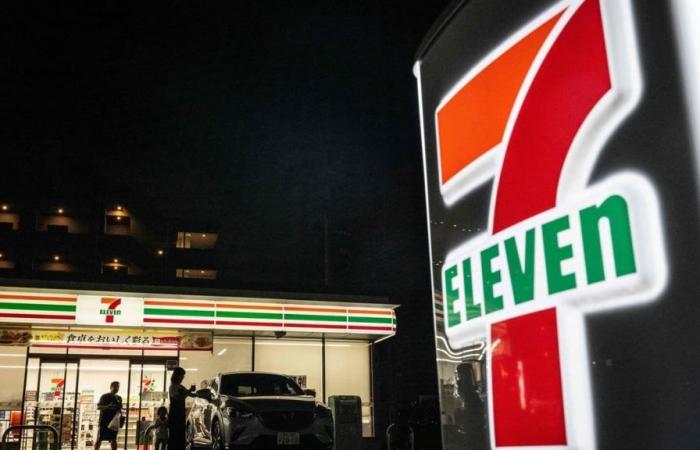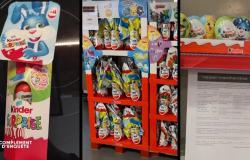The Quebec distributor Couche-Tard wishes to acquire “the whole” of its Japanese rival Seven & i, insisted its managers visiting this week in Tokyo, where the managers of the Japanese group stubbornly refused to meet them, according to press information .
• Also read: Seven & i is restructuring in the face of the desires of Quebec’s Couche-Tard
• Also read: Seven & i confirms a new takeover offer by Couche-Tard
• Also read: Owner of 7-Eleven convenience stores rejects initial Couche-Tard buyout offer
While Seven & i announced that it wanted to split its activities to concentrate on its popular 7-Eleven convenience stores, “we do not want to buy part of the company”, the CEO of Couche-Tard told the Japanese newspaper “Nikkei”, Alex Miller, in an interview published Thursday.
He was visiting Tokyo this week, notably in the company of the chairman of the board of directors of ACT, Alain Bouchard, to defend their proposal to buy Seven & i.
Eager to meet officials of the Japanese group, they failed.
“We invited them, we tried to organize a meeting, but it didn’t work. But it will eventually happen,” Mr. Bouchard told Bloomberg.
“We want to better understand Japanese culture, the concerns of the Japanese,” he added.
Seven & i, which has 85,000 stores in around twenty countries, rejected at the beginning of September a first takeover proposal by Alimentation Couche-Tard (ACT) which it considered undervalued. The Quebec convenience store giant has since improved its offer, which values Seven & i at $47 billion according to Bloomberg.
Which would make it the largest acquisition of a Japanese firm by a foreign player.
But keen to defend itself, Seven & i announced on October 10 that it wanted to isolate 7-Eleven, the heart of its activity, by creating a separate unit for its other subsidiaries (bank, supermarkets, etc.), a restructuring intended to strengthen the value of the group .
7-Eleven is the world’s largest convenience store chain. A quarter of them are in Japan, where these omnipresent convenience stores offer takeaway meals as well as concert tickets and various local services.
Enough to make it a symbol: Tokyo classified Seven & i as an “essential” company in mid-September, at the risk of complicating its takeover.
Couche-Tard is today keen to demonstrate that it will not “change anything in the 7-Eleven model”: “We are taking good practices from stores (…) We will keep the people who manage this business” with “ shared culture” between the two groups, insisted Mr. Bouchard to Bloomberg, assuring that no Canadian will be parachuted in to take the helm of Seven & i operations.
Such a merger could also raise reservations from antitrust regulators, particularly in the United States, given the influence of the combined entity – the Canadian group already owning some 16,700 stores in 31 countries, including the Circle K brand.
According to the financial press, Couche-Tard’s new offer amounts to $18.19 per share, significantly above the price of Seven & i on the Tokyo Stock Exchange (2,215 yen on Thursday, or $14.82).
The American fund Artisan Partners, shareholder of Seven & i, on Wednesday urged the Japanese group to initiate negotiations with Couche-Tard: “the price now offered by ACT is clearly higher than the value that could be achieved subsequently by implementing the project restructuring,” he wrote.






